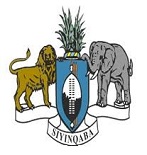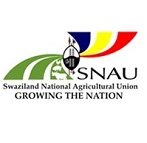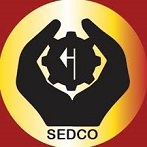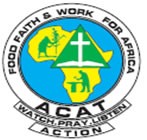Following a request from the Government of Eswatini, the Food and Agriculture Organization of the United Nations (FAO) is providing support for the strengthening of the aquaculture industry in the Kingdom of Eswatini.
What the project does
The project objective is to foster investment in aquaculture and promote an effectively governed fisheries and aquaculture development that is socially inclusive, equitable and environmentally responsible, and which provides opportunities for sustainable and profitable aqua farming as well as the economic activities that grow around it, with particular focus on women.
The expected outcomes are three-fold:
- implementation of a national fisheries and aquaculture strategy for better management of activities in Swaziland i.e. Sector management of activities improved based on National fisheries and aquaculture strategy and action plan implemented;
- development of ecologically and adoption and socio-economically responsible and profitable forms of aquaculture by farmers and investors in Swaziland;
- increased farmers/investors in Swaziland’s ability to use appropriate business models to explore market options and increase the knowledge of aqua-business management skills strengthened.
Specifically, the project provides technical assistance in (i) formulating a national strategy and plan for fisheries and aquaculture development and initiating key actions to strengthen management capacity for the fisheries and aquaculture sectors; (ii) developing a production systems-focused model for improving farmers’ capacity to manage their farm sustainably and with a profitable outcome; and iii) develop fisheries management capacity within the Ministry of Agriculture.
Many of the activities are focusing on demonstrating the application of concepts and methodologies in the tilapia farming subsector and drawing lessons from these for application to other farming systems and species such as catfish in Swaziland as well as to the other farming sectors of neighbouring landlocked countries with similar bio-physical conditions.
Background
Background
The project addresses the need to develop aquaculture practices that can be profitably adopted by farmers and investors as well as appropriate business models that will enable farmers/investors to explore market options and increase knowledge of aqua-business management skills.
These will be achieved through five linked outputs: a) Swaziland Fisheries and Aquaculture Development Strategy and Action Plans; b) capacity in fisheries management built within the Ministry of Agriculture; c) resource map of the aquaculture potential of Swaziland; d) organized and empowered farmer groups (with focus on women) employing improved market, business planning and management; and e) an investment guide for public investment in the development of the aquaculture subsector and private investment in aquaculture production.
The project is executed by FAO in collaboration with the Ministry of Agriculture, which is the national focal point for the project. It also links with the Ministry of health on nutrition, Deputy Prime Ministers’ Office on gender Ministry of Environment and Ministry of Commerce industry and trade to support establishment of viable businesses.
Partners







